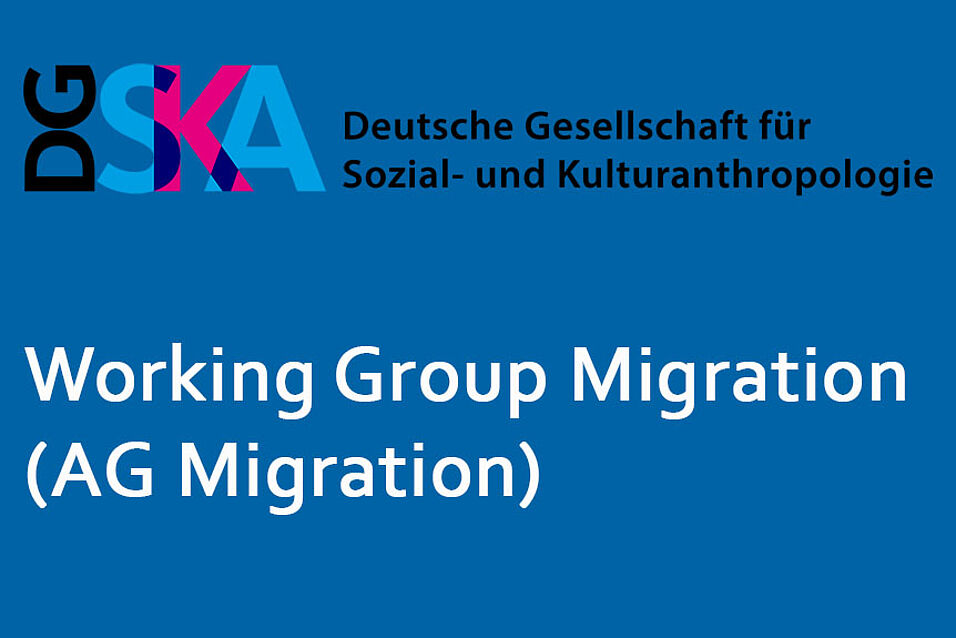The workshop was organized by the working group’s spokespeople, Monika Palmberger (University of Vienna; University of Leuven) and Eva Kössner (University of Vienna), and aimed at teasing out the parallels, differences and interrelations between the concepts of ‘refugees’ and ‘migrants’ both in ethnographic encounters and anthropological debates.
So far, scholars working in ‘migration studies’ and those in ‘refugee studies’ have often operated with distinct theoretical apparatuses and have engaged in different scholarly debates. While refugee scholars often build on the distinctiveness of the refugee experience and the necessity of acknowledging related claims, migration scholars have increasingly argued for jointly addressing migrants, refugees and other mobile groups through such concepts as transnationalism or mobility/immobility.
Furthermore, the refugee/migrant distinction cannot be found only in academic debates but also in ethnographic encounters. That said, the question of how to theorize the everyday practices of enacting and reproducing the refugee/migrant distinction has rarely been addressed.
Starting from these observations, nine scholars from different European universities and research units working in the fields of refugee and/or migration studies discussed over the course of two half-days various intersecting domains in which the refugee/migrant distinction matters. In focus were individuals’ life-worlds, institutional policies, public discourses, legal frameworks as well as humanitarian work.
Rather than presenting conference papers, participants were invited to submit short think pieces that were circulated prior to the workshop. These think pieces formed the basis of discussion during the meeting in Vienna. The workshop was opened with a short thematic introduction by the organizers and a joint brainstorm on why theorizing the refugee/migrant distinction mattered in the first place. The contributions were diverse but evolved along three main lines: first, the categories ‘refugee’ and ‘migrant’ as they are enacted on the ground by those called refugees and migrants (‘lived categories’); second the categories that various institutional actors refer to and enact (‘legal concepts’); and third, the analytical categories that anthropologists and other researches employ to analyze these processes (‘analytical concepts’). Building on this three-fold framework, participants formed small groups to thoroughly discuss their own think pieces. They were particularly encouraged to tease out the communalities and differences between their ethnographic cases and the theoretical approach(es) they had employed to analyze them.
The second day started with a short discussion on the particularities and pitfalls that participants had observed in researching among and about ‘refugees’ and ‘migrants’. Again, this revealed common themes and challenges, such as the question of how to use certain categories without reproducing them, or the difficulty of positioning oneself during fieldwork when confronted by the various expectations of interlocutors. The last workshop session was dedicated to a joint discussion on the theoretical approaches presented in the think pieces. While a broad range of theoretical approaches were collected, the discussion revealed that they could be grouped into distinct theoretical bodies, each of which provides certain tools to analyze and/or overcome the refugee/migrant distinction.
This workshop successfully set refuge and forced migration as core issues of the Working Group Migration’s thematic scope. Moreover, it succeeded in facilitating further exchange among members of the working group as well as in developing new, future cooperations. The first step in this direction is a panel at the next DGSKA conference in Konstanz in 2019 with the title ‘Dynamics of differentiation: Is the refugee/migrant distinction negotiable?’
We are grateful for the financial support by the German Anthropological Association (DGSKA) and the Department of Social and Cultural Anthropology at the University of Vienna.

